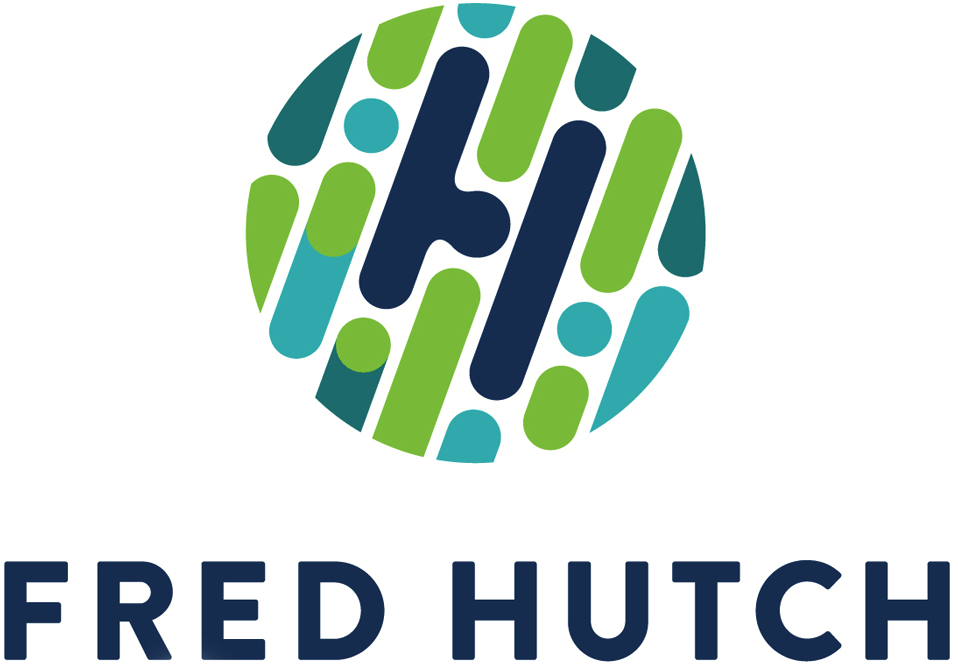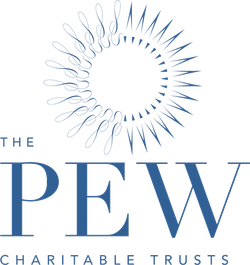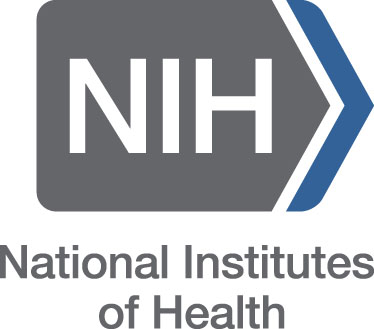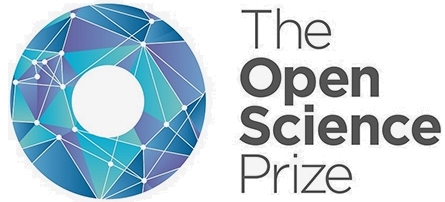Genomic tracking of SARS-CoV-2 evolution and spread
Trevor Bedford (@trvrb)
Fred Hutchinson Cancer Research Center
9 Nov 2020
Mathematics and Statistics of Genomic Epidemiology
BIRS-CMO Workshop
Slides at: bedford.io/talks
This talk
1. Genomic epidemiology for public health response in the COVID-19 pandemic
2. Future directions for the field to address SARS-CoV-2
Pandemic response
1. Inference of human-to-human transmission
Jan 11: First five genomes showed that the outbreak was caused by a novel SARS-like coronavirus
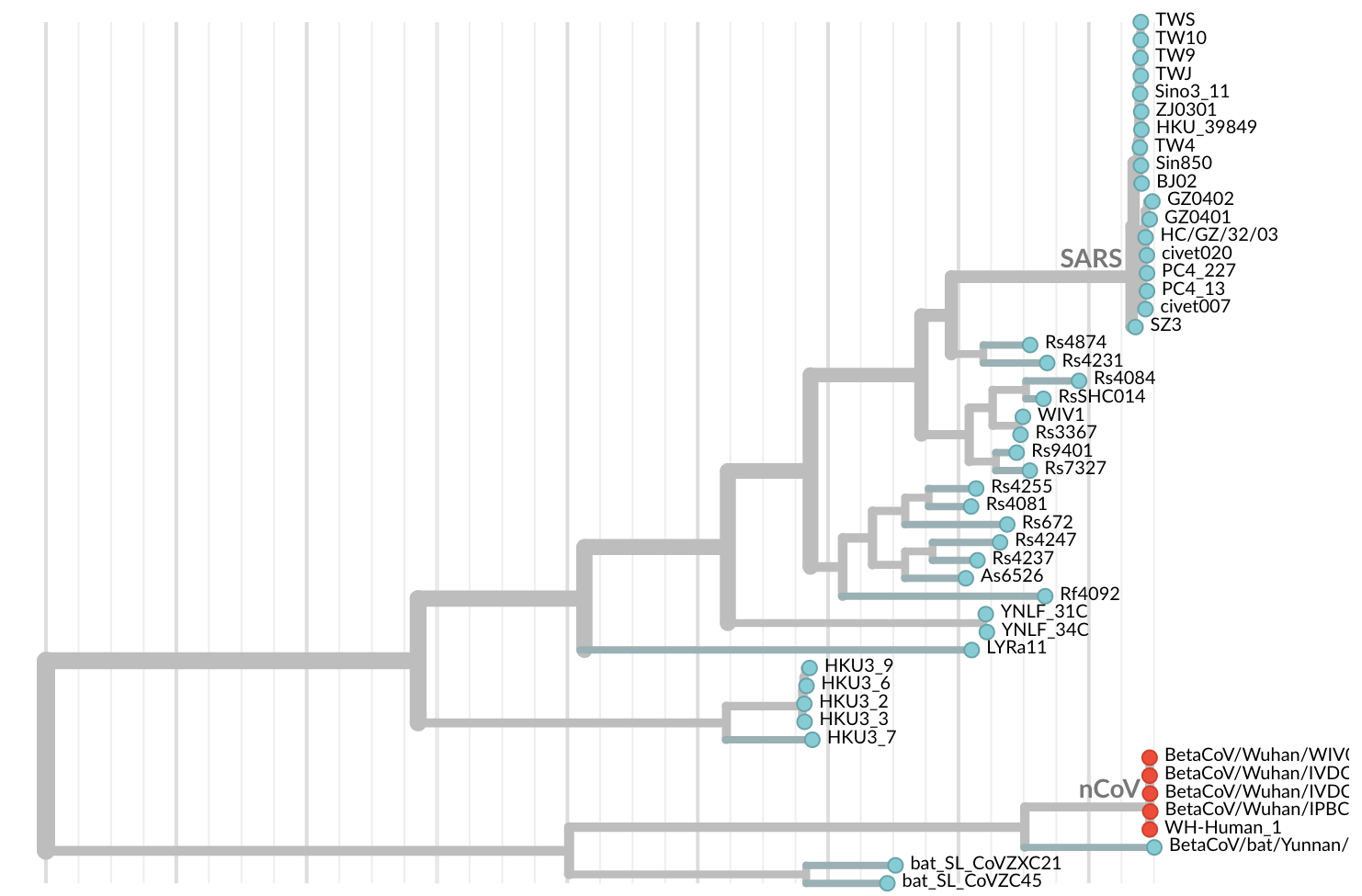
Jan 19: First 12 genomes from Wuhan and Bangkok lack genetic diversity
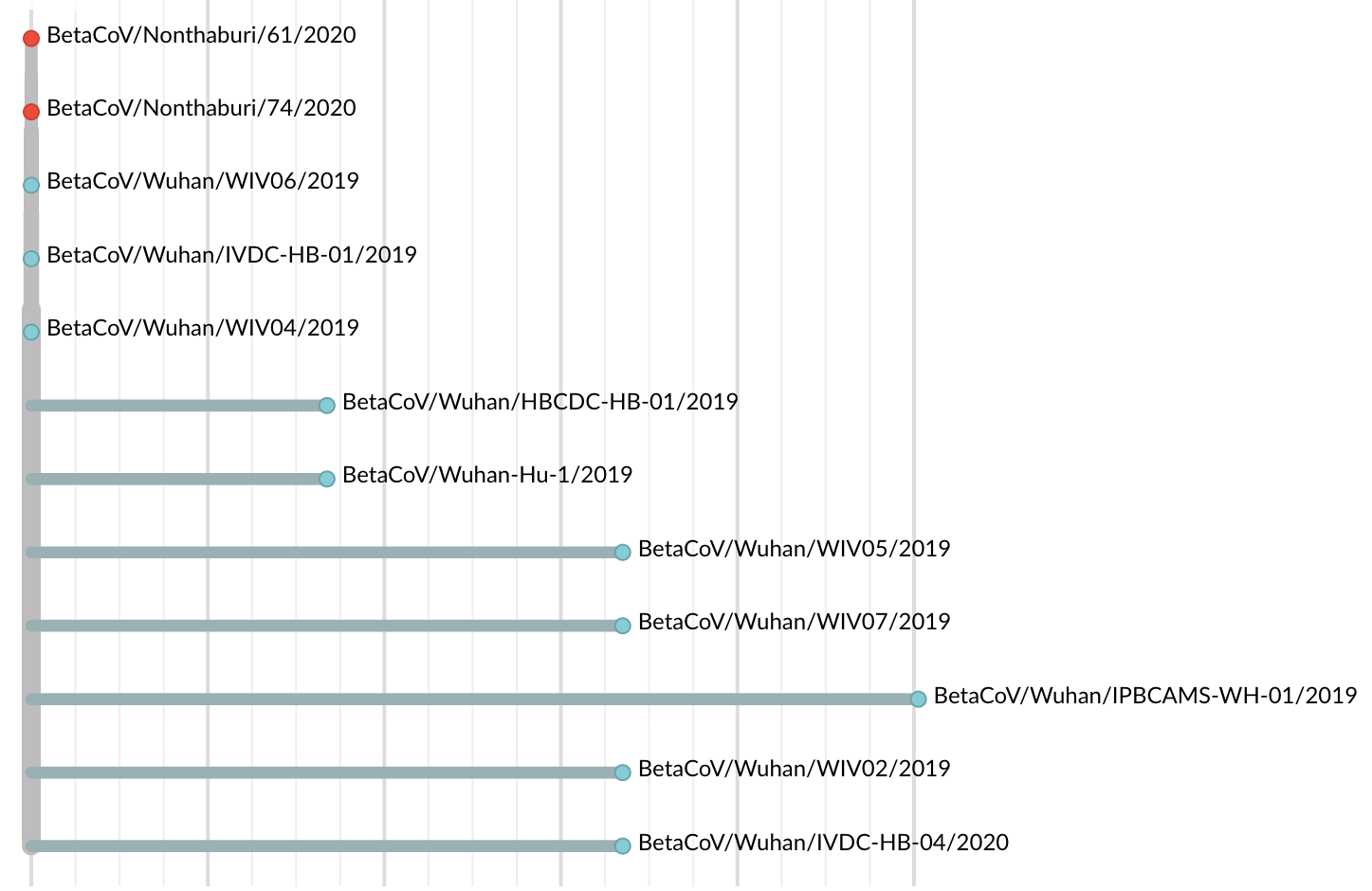
Jan 23: Nextstrain report estimating TMRCA from 24 genomes

Jan 23: Nextstrain report estimating R0 from 24 genomes alongside Imperial's total case load from international travelers


2. Introduction timings and indication of extent of community transmission
March 13: Community transmission patterns from 410 publicly available genomes
Oct 27: Detailed inference of introduction events into the UK


3. Support for detailed epi investigation
Oct 1: Origins of August 2020 re-emergence of SARS-CoV-2 in New Zealand
Nov 1: Phylogenetic placement of the White House outbreak

Anecdotally, public health is integrating sequencing into targeted outbreak investigations, but not much of this gets reported out
4. Tracking spread of emerging variants
Aug 4: Repeated introductions to the UK suggest transmission advantage of D614G
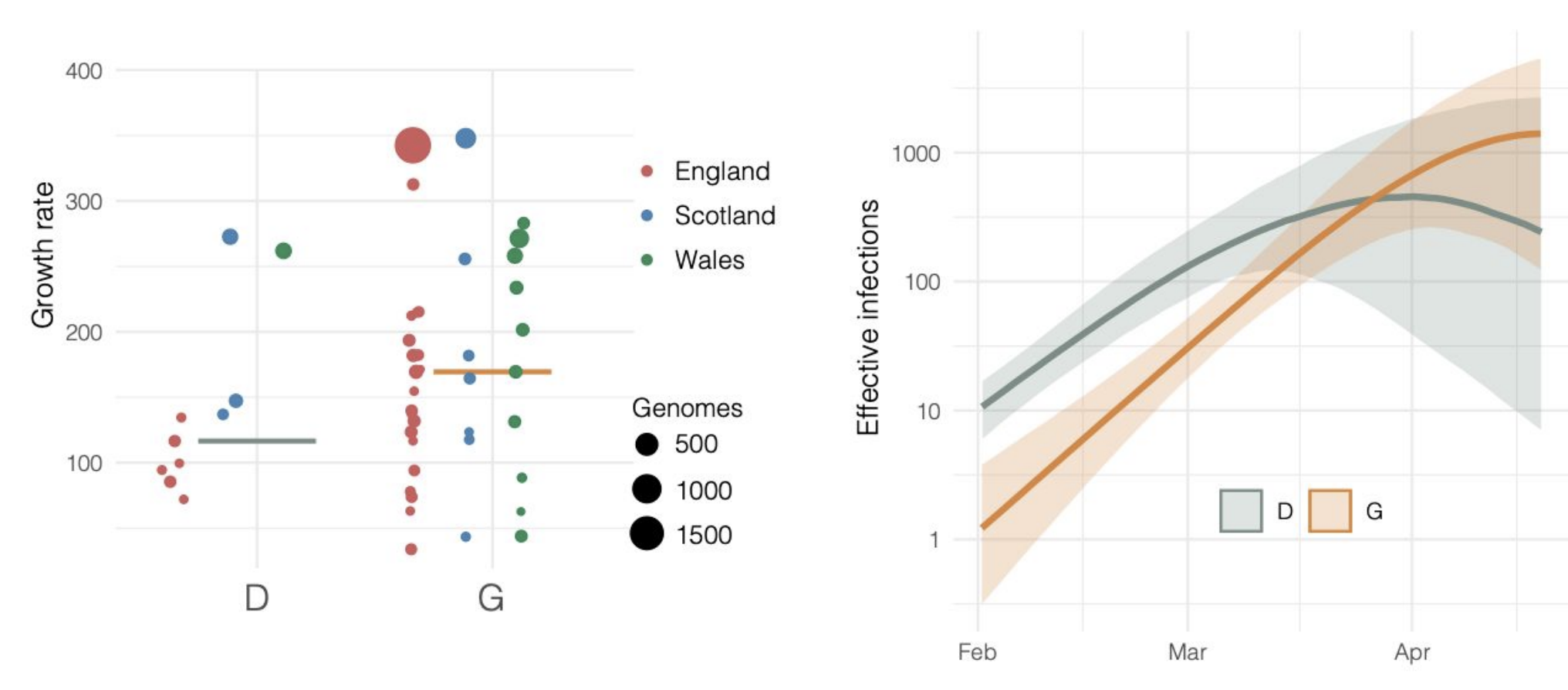
Oct 28: Within regions, variants are emerging and coming to predominate
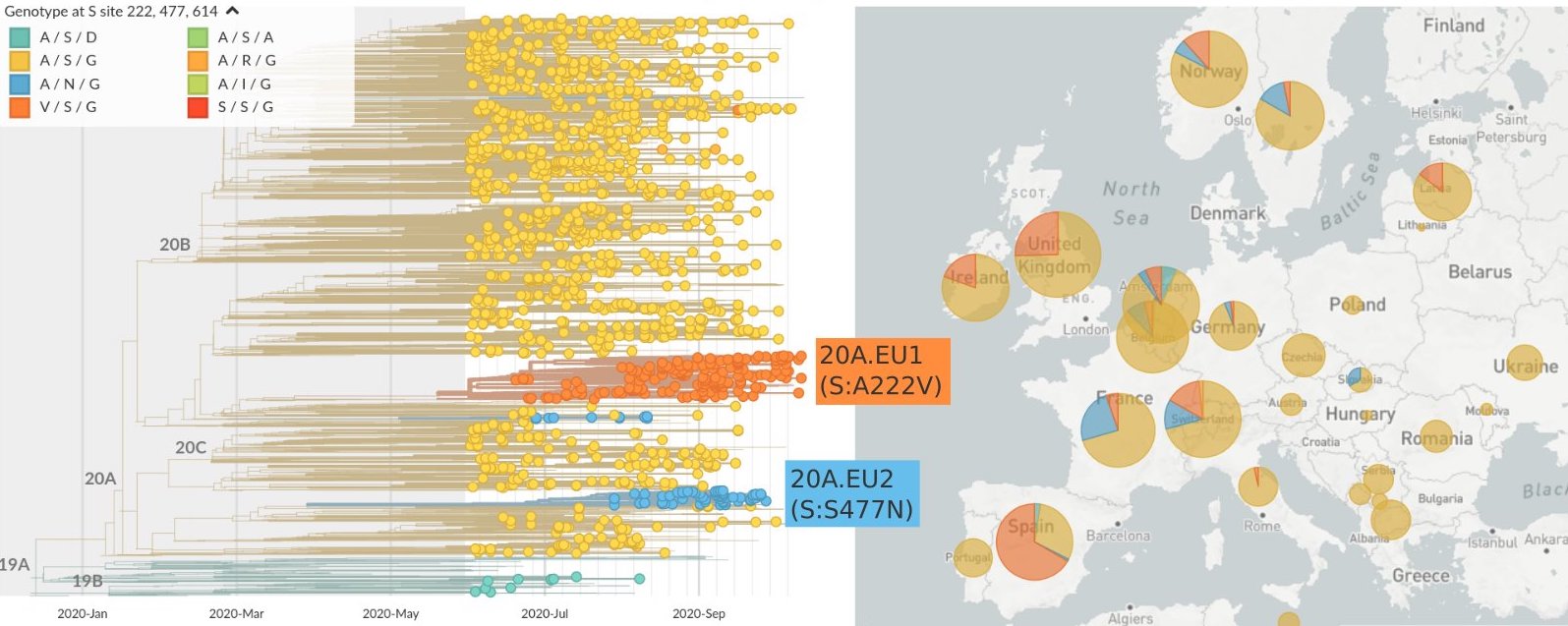
Future directions
1. Dealing with large datasets

2. Tying genomic epidemiology together with rich epi data
- Recording of exposure setting during contact tracing
- Contribution of bars, restaurants, gyms, schools, churches and other exposure settings to ongoing transmission
3. Reducing the impact of sampling bias on phylodynamic inference

4. Move genomic epidemiology beyond being largely descriptive, tie together with modeling

Acknowledgements
Genomic epi: Data producers from all over the world, GISAID and the Nextstrain team
Bedford Lab:
![]() Alli Black,
Alli Black,
![]() John Huddleston,
John Huddleston,
![]() James Hadfield,
James Hadfield,
![]() Katie Kistler,
Katie Kistler,
![]() Louise Moncla,
Louise Moncla,
![]() Maya Lewinsohn,
Maya Lewinsohn,
![]() Thomas Sibley,
Thomas Sibley,
![]() Jover Lee,
Jover Lee,
![]() Kairsten Fay,
Kairsten Fay,
![]() Misja Ilcisin,
Misja Ilcisin,
![]() Cassia Wagner,
Cassia Wagner,
![]() Miguel Paredes,
Miguel Paredes,
![]() Nicola Müller,
Nicola Müller,
![]() Marlin Figgins,
Marlin Figgins,
![]() Eli Harkins
Eli Harkins
